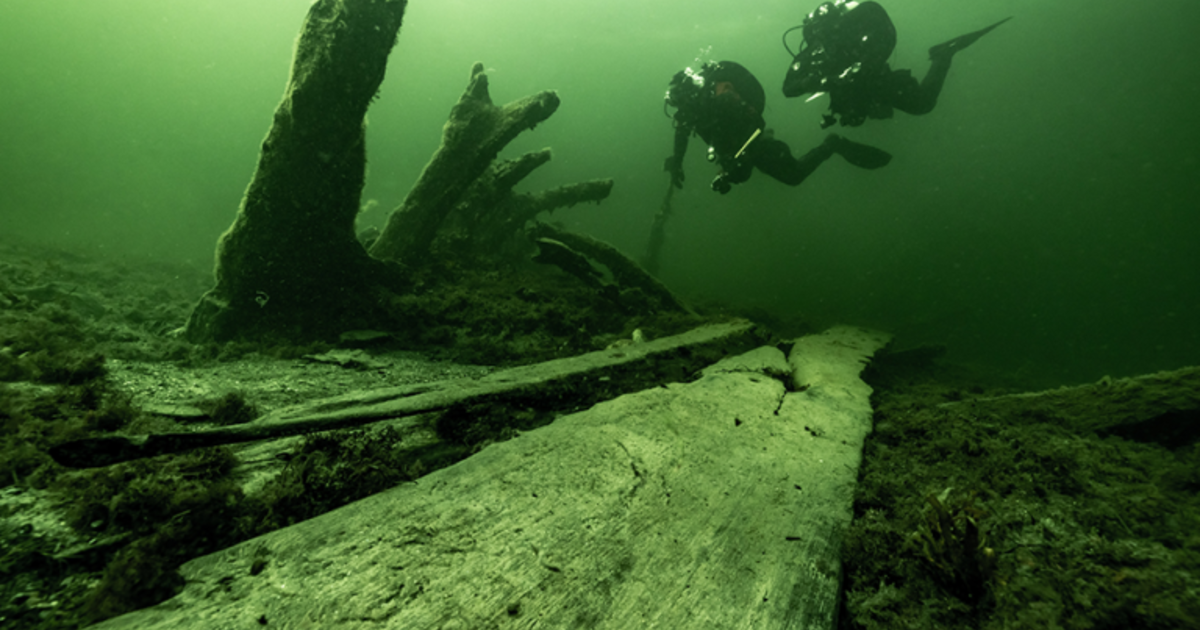France says deadly chemical attack bears Assad regime "signature"
France’s foreign minister says chemical analysis of samples taken from a deadly sarin gas attack in Syria shows that the nerve agent used “bears the signature” of President Bashar Assad’s regime and shows it was responsible.
Jean-Marc Ayrault said Wednesday that France now knows “from sure sources” that “the manufacturing process of the sarin that was sampled is typical of the method developed in Syrian laboratories.”
He added that “this method bears the signature of the regime and that is what allows us to establish its responsibility in this attack.”
The April 4 attack on the town of Khan Sheikhoun, in rebel-held Idlib province, left more than 80 people dead, including many children. Videos from the town, posted in the immediate aftermath of the strike by activists and medical workers, showed people of all ages struggling to breath and deceased without any apparent signs of external injury.
The attack, which was quickly blamed on the Assad regime by U.S. and European officials, prompted President Trump to order the first U.S. military strike directly targeting Syrian forces since war gripped the country in 2011. U.S. warships sent a barrage of 59 missiles into a Syrian airbase believed to have been the origin of the chemical attack.
Russian Foreign Minister Sergey Lavrov said on Wednesday that the U.S. strike on that Syrian military base had damaged the prospects of a political settlement for the war-torn country.
Lavrov told a security conference on Wednesday the attack was a pretext for a regime change in Syria and said the U.S. response “pushes the prospect for a wide international front on terror even further away.”
Defense Minister Sergei Shoigu said earlier on Wednesday that Russia had to boost security measures at its air base in Syria after the airstrike. Russia has provided air cover for the Syrian government’s offensive on rebel forces, including some backed by the U.S. and its allies.
Both Assad’s government and it’s Russian backers have denied carrying out any chemical weapons attacks during the six-year war.
A fact-finding mission from the Organization for the Prohibition of Chemical Weapons, an international watchdog, is investigating the April 4 attack on Khan Sheikhoun. A week ago its director-general, Ahmet Uzumcu, said results “from four OPCW designated laboratories indicate exposure to sarin or a sarin-like substance.”
He said in a statement that further results would follow, but that “the analytical results already obtained are incontrovertible.” The agency, based in The Hague, Netherlands, is expected to issue a report within a week.
Turkish and British tests also have concluded that sarin or a substance similar to the deadly nerve agent was used in the Idlib attack.
Earlier this week, Assad’s former chemical weapons research chief told Britain’s The Telegraph newspaper that Syria had “at least 2,000 tons” of chemical weapons before the war and only declared 1,300. Former Brig. Gen. Zaher al-Sakat said the Syrian government still possessed hundreds of tons of chemical weapons.



